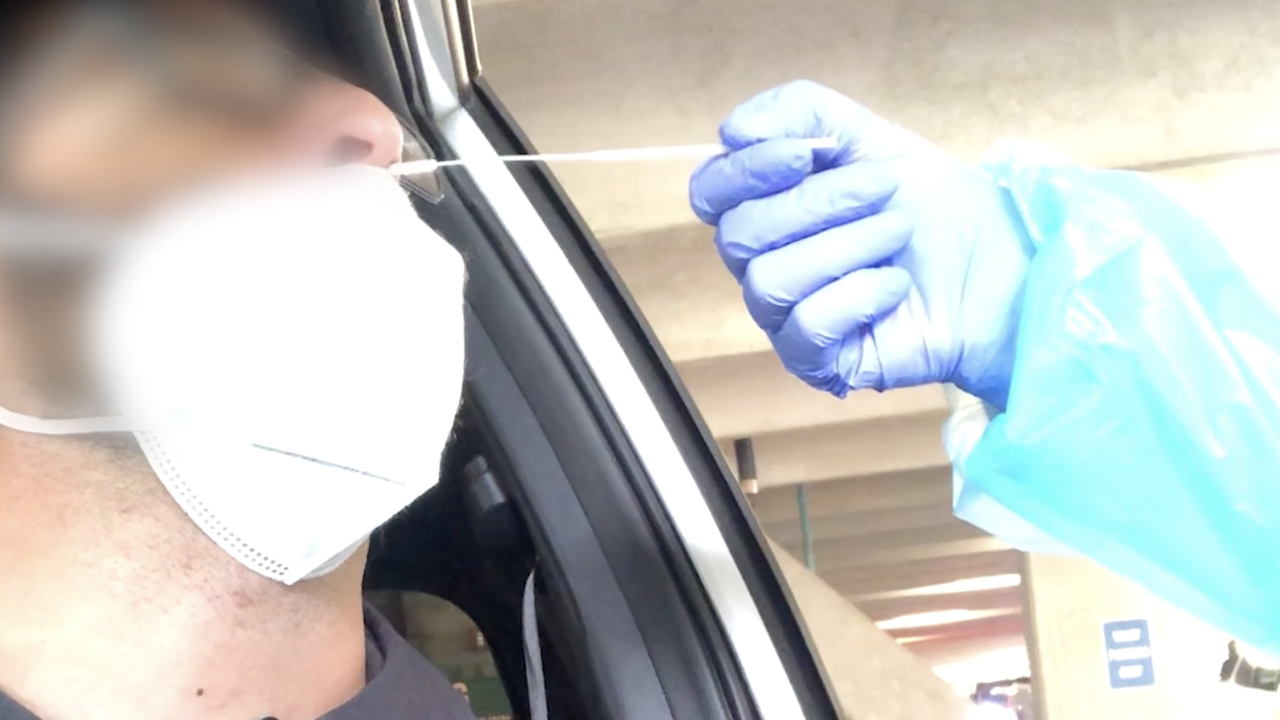NORFOLK, Va. - As more and more people get tested for COVID, questions are popping up about what different test results mean.
There are two primary tests being used. One is a rapid/antigen test. The other is a molecular PCR test.
Many people are using rapid at-home test kits to try and determine whether or not they're infected, but a doctor from VDH says they are less sensitive than PCR tests.
"Most of the antigen tests do a good job at picking up people who are basically early enough in infection that they have a lot of virus that is circulating that's going to be picked up by the antigen test. PCR does a little bit better than that," said Dr. Brooke Rossheim from the Virginia Department of Health.
Antigen test results generally are available in 10 to 15 minutes while PCR tests results can take a few days to come back.
News 3 has been hearing reports of people testing negative on a rapid test, but later testing positive on a PCR test when they were taken the same day.
Dr. Rossheim said that is possible.
"PCR tests are somewhat more sensitive than antigen tests and that's something that we've known all along, so that's sort of the nature of one difference between the two tests," he said.
In terms of pros and cons, Antigen tests are generally cheaper and produce faster results, but because they are less sensitive can produce false negatives.
For PCR tests, they are often sent to a lab to confirm, which can lead to some delays in someone finding out if they're positive. Their results are thought to be very accurate.
"One of the big things here is you want to get the results quickly, so that you can act on it," Rossheim said.
Other questions have included why people continue to test positive on PCR tests sometimes weeks after infection. Dr. Rossheim said there could be residual virus lingering, but a person wouldn't be considered to still be contagious.
Another question that's come up - does someone who's positive on a rapid test need to confirm it with a PCR? Dr. Rossheim said generally no unless the person had no symptoms and no known COVID exposures.
"If people have antigen tests that are positive, then we believe the test, even more so if people are symptomatic and have symptoms that are consistent with COVID," he said.





